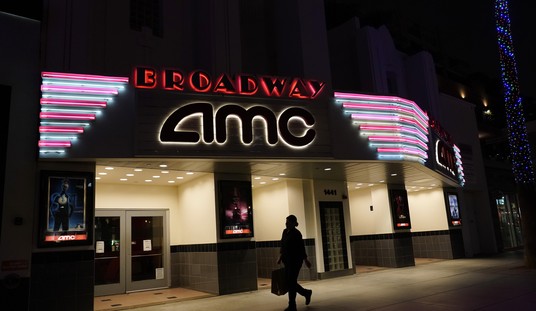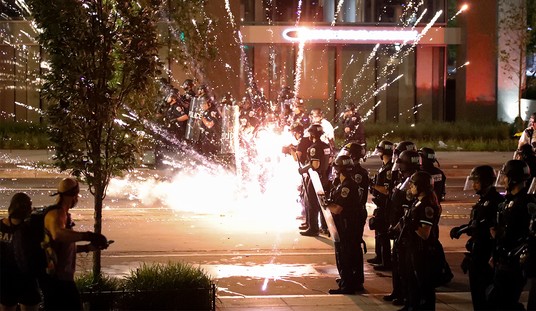The Los Angeles Times reports that four Japanese gangsters received transplants from UCLA, at least three of whom were not eligible to enter the US. The FBI helped get one of the men into the country in exchange for what turned out to be useless information, and barred him from re-entering. His UCLA surgeon flew to Japan to continue his medical work instead (via Michelle):
UCLA Medical Center and its most accomplished liver surgeon provided a life-saving transplant to one of Japan’s most powerful gang bosses, law enforcement sources told The Times.
In addition, the surgeon performed liver transplants at UCLA on three other men who are now barred from entering the United States because of their criminal records or suspected affiliation with Japanese organized crime groups, said a knowledgeable law enforcement official who spoke on condition of anonymity.
The four surgeries were done between 2000 and 2004 at a time of pronounced organ scarcity. In each of those years, more than 100 patients died awaiting liver transplants in the Greater Los Angeles region.
The surgeon in each case was Dr. Ronald W. Busuttil, executive chairman of UCLA’s surgery department, according to another person familiar with the matter who also spoke on condition of anonymity. Busuttil is a world-renowned liver surgeon who co-edited a leading text on liver transplantation and is one of the highest-paid employees in the University of California system.
The First Mate and I have extensive personal knowledge of the transplant system; she has had three kidney transplants and one pancreas transplant over the last 13 years. We have worked within the system in Southern California for cadaver transplants as well as the Minnesota circuit. The system is straightforward and does not play favorites, and it saves thousands of lives each year, even though people die every year while waiting for transplantable organs.
Transplant doctors cannot possibly be expected to vet their patients for criminal records. They have far too much work as it is in assessing need for the recipients and helping them survive until they can get their transplant. Even if they had the time to do background checks, the resulting ranking system would be a logistical nightmare. Would assault result in lower priority than check forging? Embezzlement lower than marijuana trafficking?
The real culprit in these cases is the federal government who allowed entry to gangsters in the first place. We spend enough money providing health care to Americans who can’t afford it. We certainly don’t have any requirement to treat gangsters from Japan, especially at the expense of Americans who are literally dying for these rare organs. The FBI allowed itself to get punked by a gangster at the cost of one American who didn’t get that transplant ahead of Goto.
That doesn’t let UCLA entirely off the hook. If Busuttil didn’t know who Goto was when he was on the operating table, he certainly knew it when Goto got deported. Instead of washing their hands of the Yakuza gangster when he could no longer enter the US for treatment, Busuttil traveled to Japan to treat him as well as to provide testimony on his behalf to free him from jail on the basis of health concerns. Did that take place at taxpayer expense? UCLA is a public facility, and his salary gets paid by California taxpayers. Unless he took unpaid leave, Californians footed the bill to treat Goto in Japan and get him sprung from custody.
We need more people to become donors and help save thousands of lives each year. Giving liver transplants to Yakuza gangsters doesn’t make that sound attractive to Americans who assume that their dying gift would go to members of their own community.
Update: I should note that two of those three kidney transplants the FM received came from friends as live donors, a beautiful gift we will never be able to repay. Transplant technology has advanced far enough that non-relation living donations are a major source of transplanted organs.
Also, on a tangent, see how Japan handles relations with foreigners, especially in child-custody disputes.








Join the conversation as a VIP Member